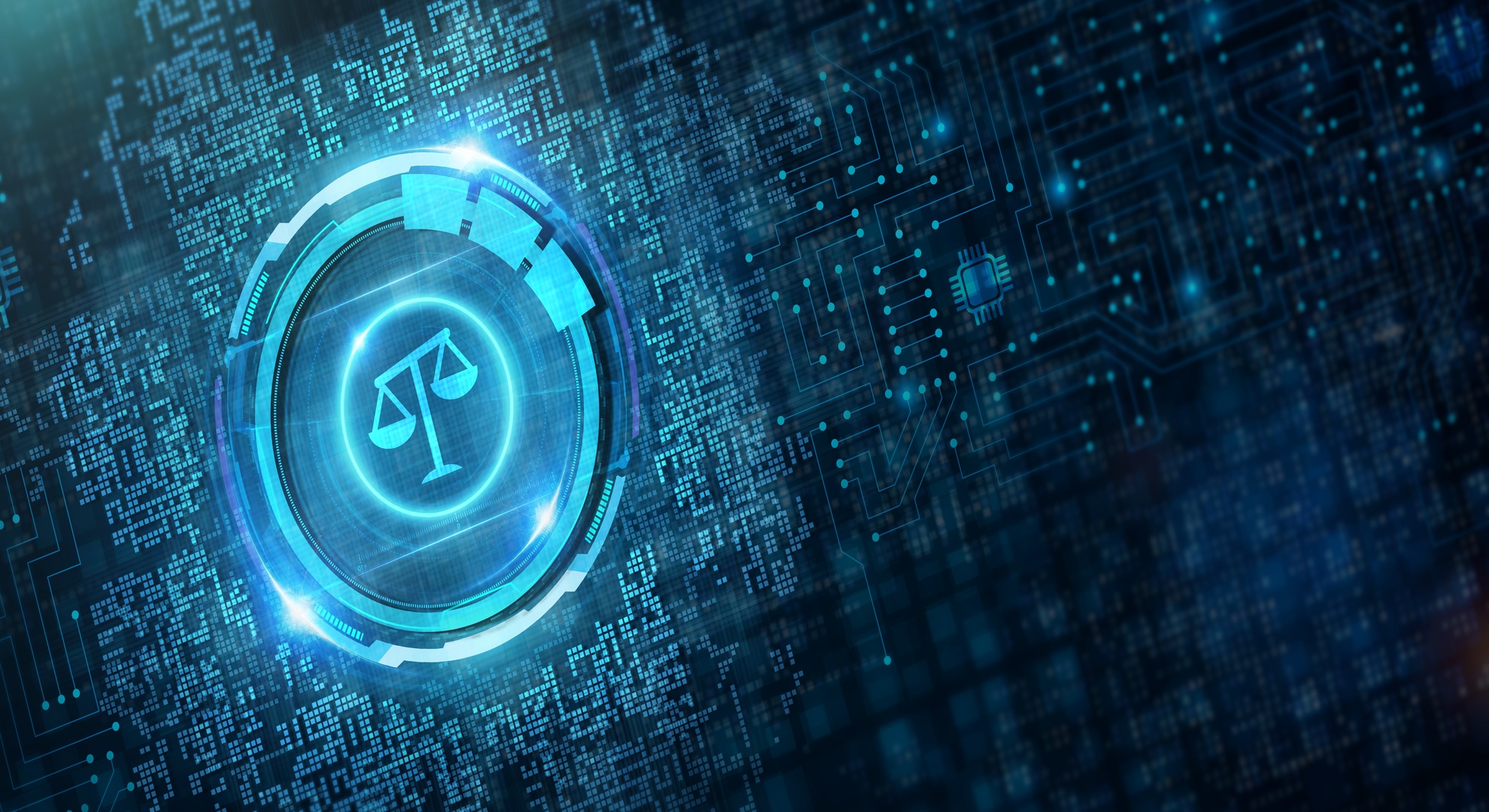
27 May Blockchain used to improve certainty in courts? An effective option
The technical characteristics of blockchain technology offer some fantastic advantages when it comes to guaranteeing more secure and potentially impregnable information transactions. For example, the configuration of a distributed peer network – which has to independently verify and authorise data exchanges without actually being able to access them – or how that exchange data remains permanently in the blockchain forever, even though the transaction has long since finished…
As such, blockchain is a tool with significant potential value when it comes to serving as an evidentiary mechanism, as support for an official record or as proof that a certain flow of information has indeed occurred. This extends its potential applications far beyond the financial markets alone, which is where it is currently being developed. Indeed, the administration of justice could find an unexpected ally in blockchain.
Blockchain as evidence in legal proceedings
Some countries are gradually taking steps to include blockchain in court proceedings, as is the case in the United Kingdom, which unveiled plans back in 2018 to develop a strategy within the Ministry of Justice that would allow digital evidence stored on blockchain to be brought before the courts. In 2019, France also accepted blockchain as a valid means of evidence for its judges via the country’s Court of Cassation. In fact, in countries like China, blockchain is already being admitted as evidence in the country’s so-called Internet Courts.
In the absence of technical and legal guarantees to allow blockchain to become a natural part of the legal landscape, the only option in case of doubt is to look to case law. And, at the moment, this remains scarce and can’t be considered relevant or solid-enough support. In Spain, the Supreme Court accepted blockchain for the first time as evidence in its ruling 326/2019 of 20 June, which related to an alleged case of fraud involving cryptocurrencies. Cases related to economic crime and cryptocurrencies are multiplying and this could pave the way for establishing new case law, although not without difficulties.
Legislation isn’t ready for blockchain yet
In many ways, blockchain offers a valid way of preserving confidentiality and documentary integrity in certain environments. For example, in business contexts. Spanish judge Yolanda Ríos from Barcelona’s Commercial Court 1 leads a research group from the General Council of the Judiciary that focusses on blockchain and smart contracts. According to Ríos, the key issue lies in the distinction between the source of evidence and the means of evidence.
The source of evidence is a reality that pre-exists any given judicial process and that the interested party must take charge of searching for and bring to the process. In the case of data from blockchain, the source of evidence is the chain itself, both as content and container. On the other hand, the means of evidence is the support or medium on which the source of evidence is presented. Here, article 299 of Spain’s Law of Civil Procedure admits public and private documents, various means of reproduction and “any other means suitable for the purposes of this law” as evidence.
The legislation doesn’t yet include blockchain on the list of documents that can be considered public and valid to be submitted as evidence. According to Judge Ríos, technologically and technically, it doesn’t meet the necessary requirements for this. With blockchain, you simply can’t guarantee either the translation of the alphanumeric language contained in blockchain into ‘human’ language or, more importantly, the identity of some or all of the participants in exchanges.
Will we see blockchain being used as evidence in courts in the future? Probably, although we still need to develop technical guarantees and, above all, a legal corpus that supports its evidential value. At the moment, it really depends on the parties involved in the process and the strategy they adopt to ‘explain’ it and demonstrate it before the judge. And that is something that can only be determined in each individual case.

